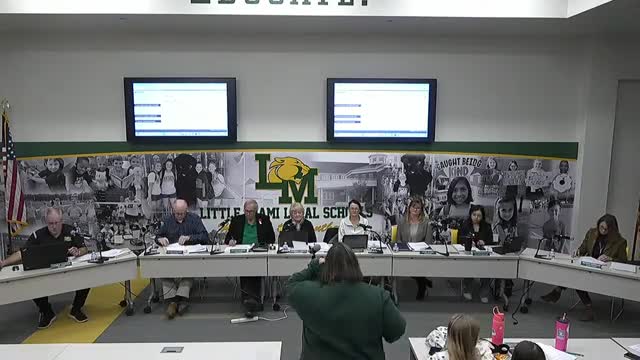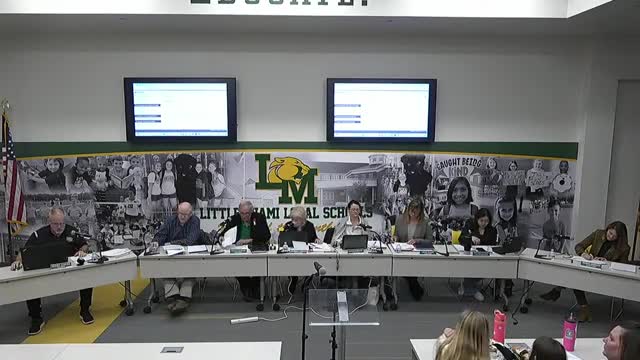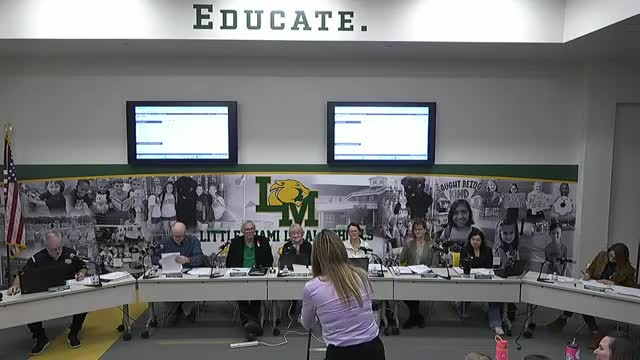Article not found
This article is no longer available. But don't worry—we've gathered other articles that discuss the same topic.

Residents flood board podium over classroom displays, redacted legal settlement and outside influence

Votes at a glance: Little Miami board approves personnel, contracts and resolutions; several routine items pass unanimously

